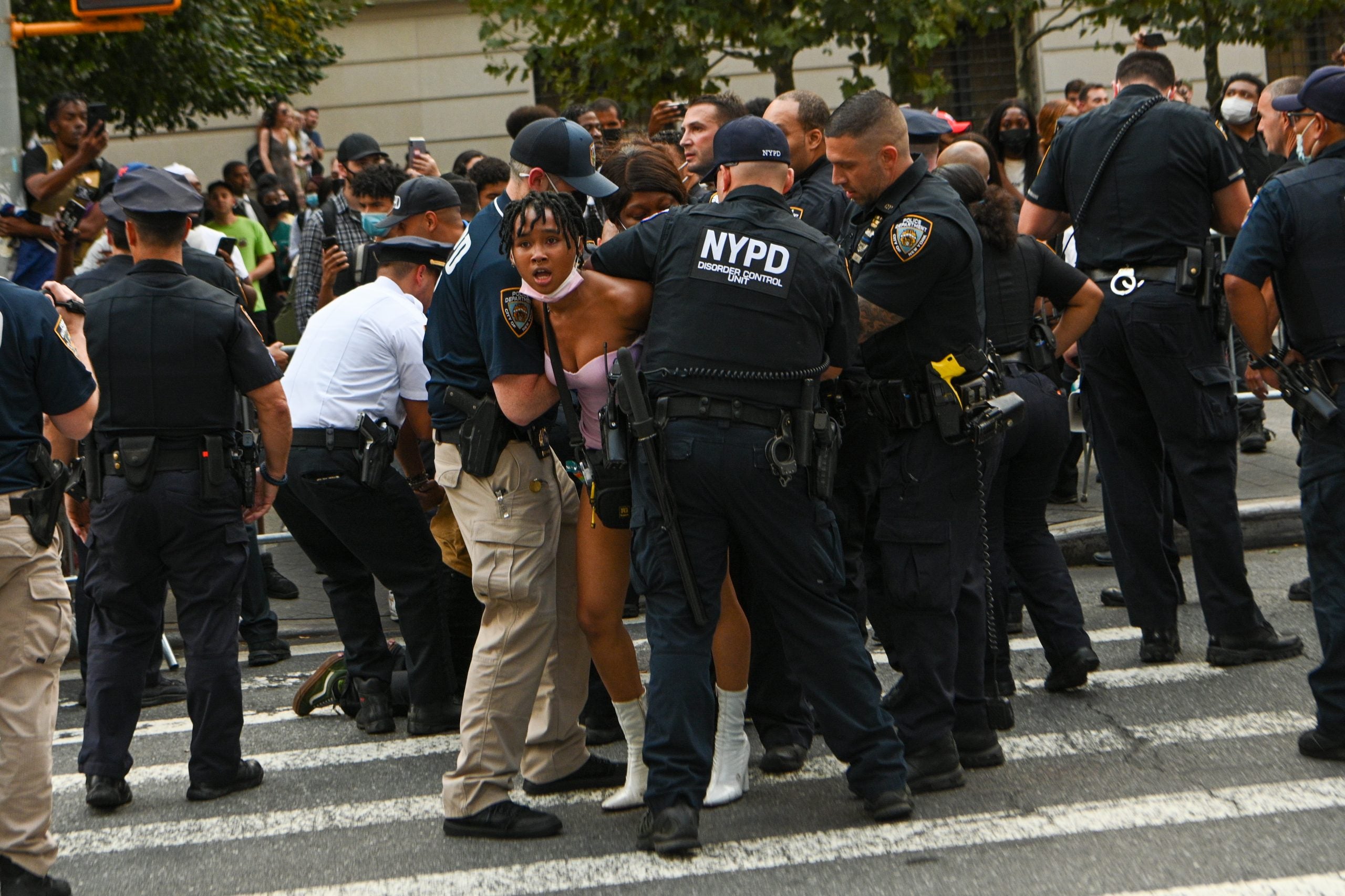
Following this year’s Met Gala, Indya Moore reflected on their experience attending for the first time, and it wasn’t the Cinderella story that most may assume it to be. Throughout the last two years, we’ve experienced a lot of trauma as Black people and people of color — fighting tirelessly for justice and respect. Not to mention, the nationwide Coronavirus pandemic. Although public outings have resumed and Covid-19 restrictions have gradually lifted, was it really an appropriate time for the Met Gala to return?
The morning after the Met Gala, Moore posted an Instagram picture on the carpet with a lengthy caption expressing uncertainty of if they will return in the future. “I am going to think long and hard about why I came and if it is truly in alignment with what I want to accomplish in this life, the stories I want to tell and the messages I want to share,” Moore said. Even though the Met Gala is a fundraising event by definition, at the core, the lavish celebration is one of the most socially exclusive events in the world and a platform for attendees to flex their celebrity and dress expensively.
Just outside of the star-studded event filled with flashing lights and cameras were Black Lives Matter protesters who were later arrested by the on-duty police. Activists were there to protest against New York City Mayor Bill de Blasio’s attendance, calling on him to defund the police — in response to a series of incidents where people argue de Blasio has defended and dismissed the wrongdoing of the NYPD. Moore’s caption read “People were protesting and arrested in the name of what so many of us who attended, care deeply about. They were arrested most likely because they were perceived as a threat to those of us who were there.”

As anxious as we all are to return back to our normally scheduled program, it’s imperative that we move forward with the lessons and wisdom that have been acquired over the last two years. “We organize millions for a museum, on stolen land that black and brown people suffer on unless white supremacy thinks they are exceptional- but not for the people?” Moore asked. “Can’t we be substantially generous in ways that alleviate suffering and poverty?”